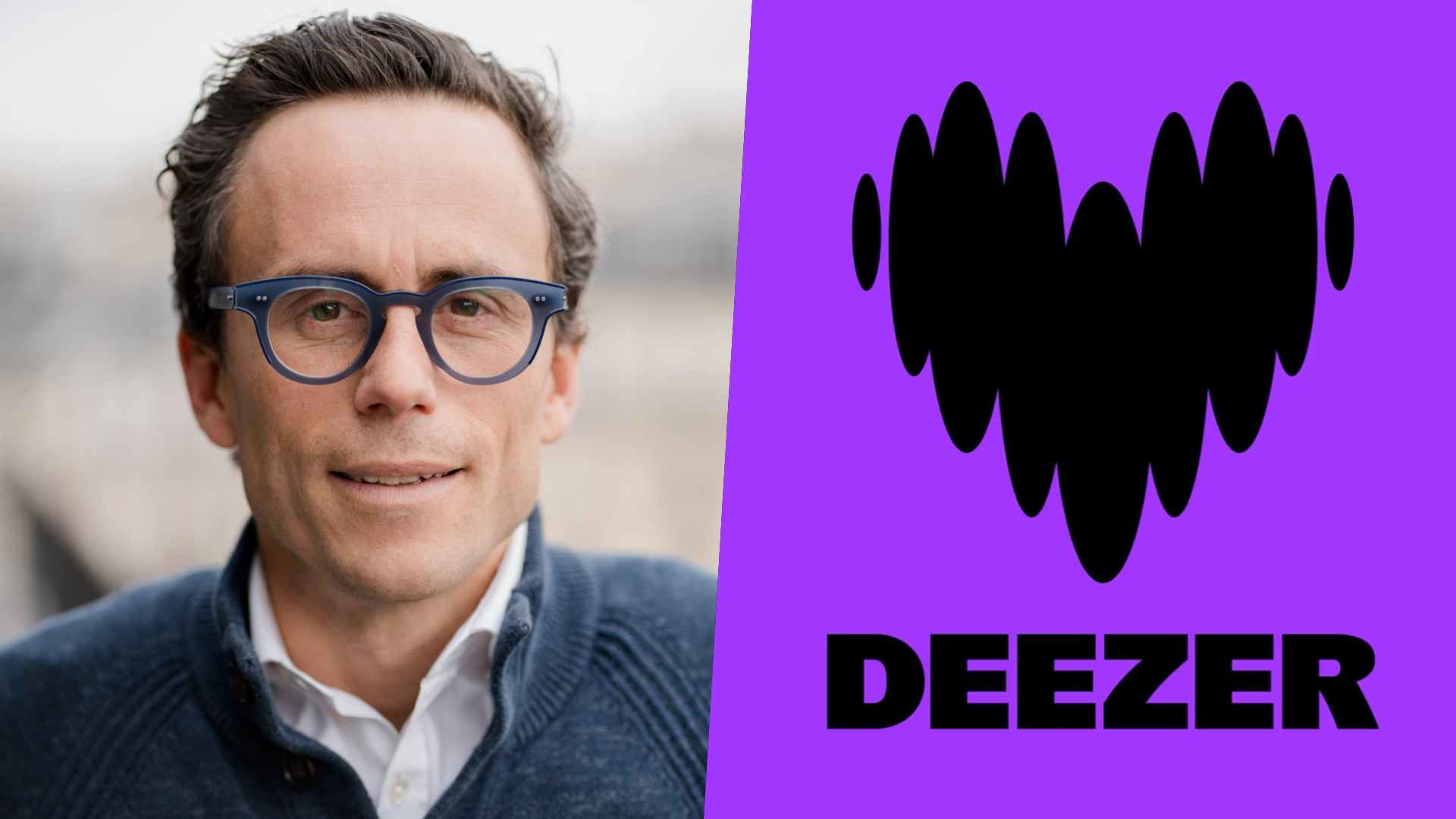“We want your subscription to go to the artist you listen to. Nobody can fraud that”: Deezer's CEO takes on streaming giants with fairer royalties for artists
Alexis Lanternier positioned Deezer as an ethical alternative to Spotify and Apple Music in a recent interview with The Guardian

It seems that Deezer is currently on a publicity drive highlighting the rates that the streaming service is paying artists and the work it's doing behind the scenes to shield its audience from musical, AI-derived ‘spam’.
Deezer's latest moves involves Alexis Lanternier, the company's CEO, speaking to The Guardian in an interview that positions Deezer as an artist-friendly alternative to Spotify and Apple Music and spells out what makes the platform different.
Their publicity drive comes hot on the heels of mounting dissatisfaction with major streaming music services, targeting a gap in the market for a platform that ‘plays fair’ and gives listeners the opportunity to support the artists they love, rather than filling the coffers of a service whose founder and CEO is now richer than any of the artists that their platform serves up.
Certainly, according to recent research, it's safe to say that Deezer is at least among the big names paying that bit more per play.
Deezer’s big play as ‘the fairer streaming service’ involves a promise to pay successful artists more of the cash that they’re taking, unlike Spotify, Apple Music and YouTube’s blanket fractions of pennies per play whether you're listening to Harry Styles’ latest or the sound of a fire crackling…
Artists on Deezer with over 1,000 streams a month and more than 500 unique listeners – basic benchmarks that separate the wheat from the chaff – get paid more money. And there are further earnings to be had if your music is being actively searched for.
Likewise, in moves to keep suggestions ever more on point, the company has stepped up its AI-detection game following its discovery that an incredible 10,000 AI-generated tracks were being uploaded to the platform daily.
Get the MusicRadar Newsletter
Want all the hottest music and gear news, reviews, deals, features and more, direct to your inbox? Sign up here.
The aim is to ensure that the service doesn’t become overrun by unscrupulous agencies aiming to drown the platform in AI-generated 'spam', each earning their fiendish ‘makers’ a few pennies, while destroying the user trust and their ability to discover and fall in love with great new music.
The company has also come out on the side of the artists in the ‘anti-AI’ debate, signing the same statement condemning the use of unlicensed work to train generative AI as artists such as Paul McCartney and Elton John.
The interview notes that while Deezer is popular in its French homeland, it only has (nearly) 10 million paid subscribers. Spotify, on the other hand has 263 million. However, that figure has produced 11% growth in revenues in its last quarter, and the company is now “on the verge of being profitable” for the first time in 2025, a goal that Spotify (launched in 2006) only met this year too.
“The overwhelming feeling for a lot of people is that their life is more and more dictated by algorithms, and there is this ask that we see from our user base, and especially the young generation, to kind of take back control, understand how the algorithms work and be able to influence it,” Lanternier explains.
Ultimately, though, Deezer’s aims – at least on paper – sound refreshingly simple: “Your subscription goes to the artist you listen to – nobody can fraud that because you cannot influence the rest of the pool,” promises Lanternier. “It’s a long journey, but it’s a journey we’re well into.”
Daniel Griffiths is a veteran journalist who has worked on some of the biggest entertainment, tech and home brands in the world. He's interviewed countless big names, and covered countless new releases in the fields of music, videogames, movies, tech, gadgets, home improvement, self build, interiors and garden design. He’s the ex-Editor of Future Music and ex-Group Editor-in-Chief of Electronic Musician, Guitarist, Guitar World, Computer Music and more. He renovates property and writes for MusicRadar.com.
You must confirm your public display name before commenting
Please logout and then login again, you will then be prompted to enter your display name.
“These tariff actions will have a long-term effect on musicians worldwide”: The CEO of NAMM urges Trump to dump tariffs on components of musical instruments
“An incredible experience that went beyond just teaching music”: The UK’s biggest free music making weekend is extended to four days











